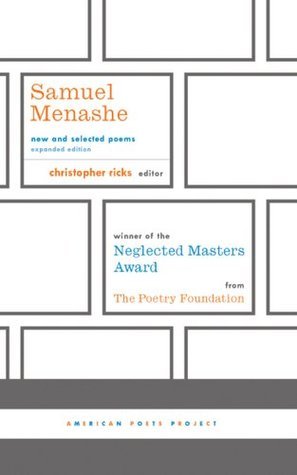What do you think?
Rate this book


200 pages, Hardcover
First published January 1, 2000
Crow I scorn you
Caw everywhere
You'll not subdue
This blue air- Sudden Shadow (pg. 87)
* * *
Spokes slide
Upon a pole
Inside
The parasol- To Open (pg. 122)
* * *
Taut with longing
You must become
The god you sought -
The only one- Apotheosis (pg. 178)
Flowers, not bread
Cast upon the water -
The dead outlast
Whatever we offer- The Offering (pg. 33)
* * *
At death's door
The end in sight
Is life, not death
Each breath you take
Is breathtaking- What to Expect (pg. 158)
I catnap, wake
Naked on my bed
Scrap paper spread -
Enough ink spilled
In rough drafts
To float the raft- Heat Wave (pg. 49)
Flung inside out
The crammed mouth
Whose meal I am
Ground, devoured
I find myself now
Benignly empowered- Awakening from Dreams (pg. 88)
Eyes open to praise
The play of light
Upon the ceiling -
While still abed raise
The roof this morning
Rejoice as you please
Your maker who made
This day while you slept,
Who gives you grace and ease,
Whose promise is kept.
'Let them sing for joy upon their beds.' - Psalm 149- The Offering (pg. 80)